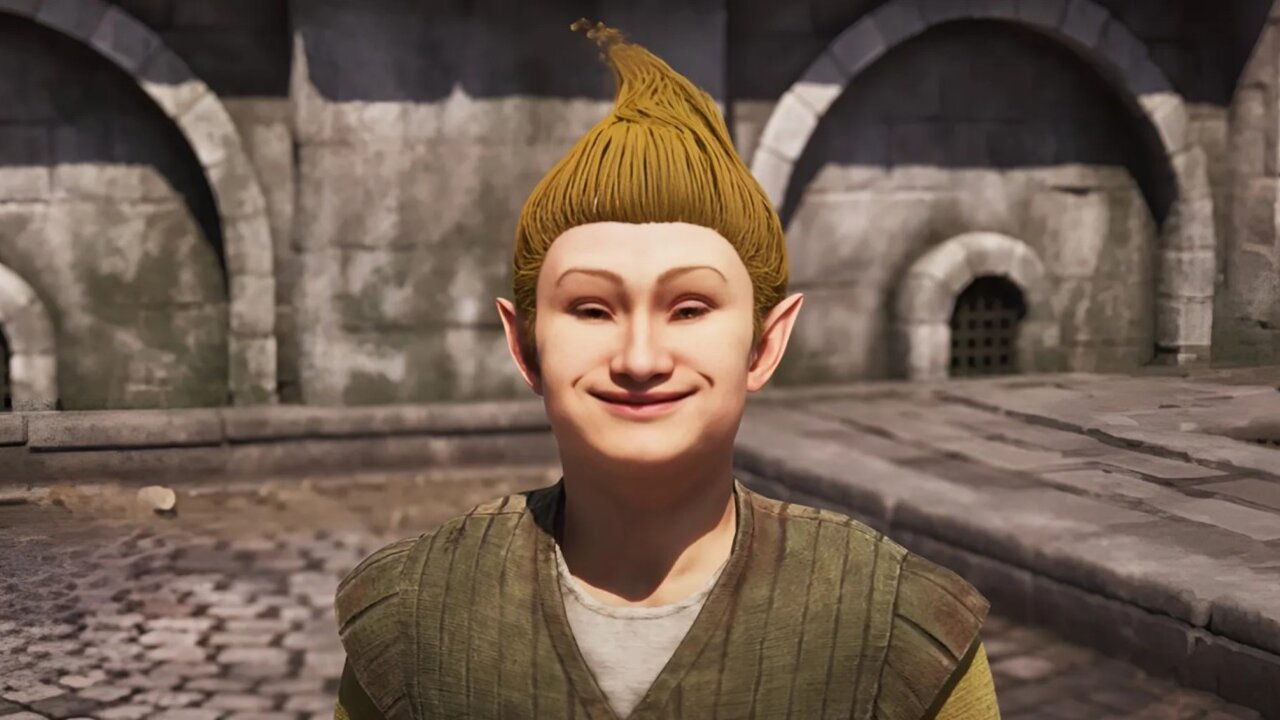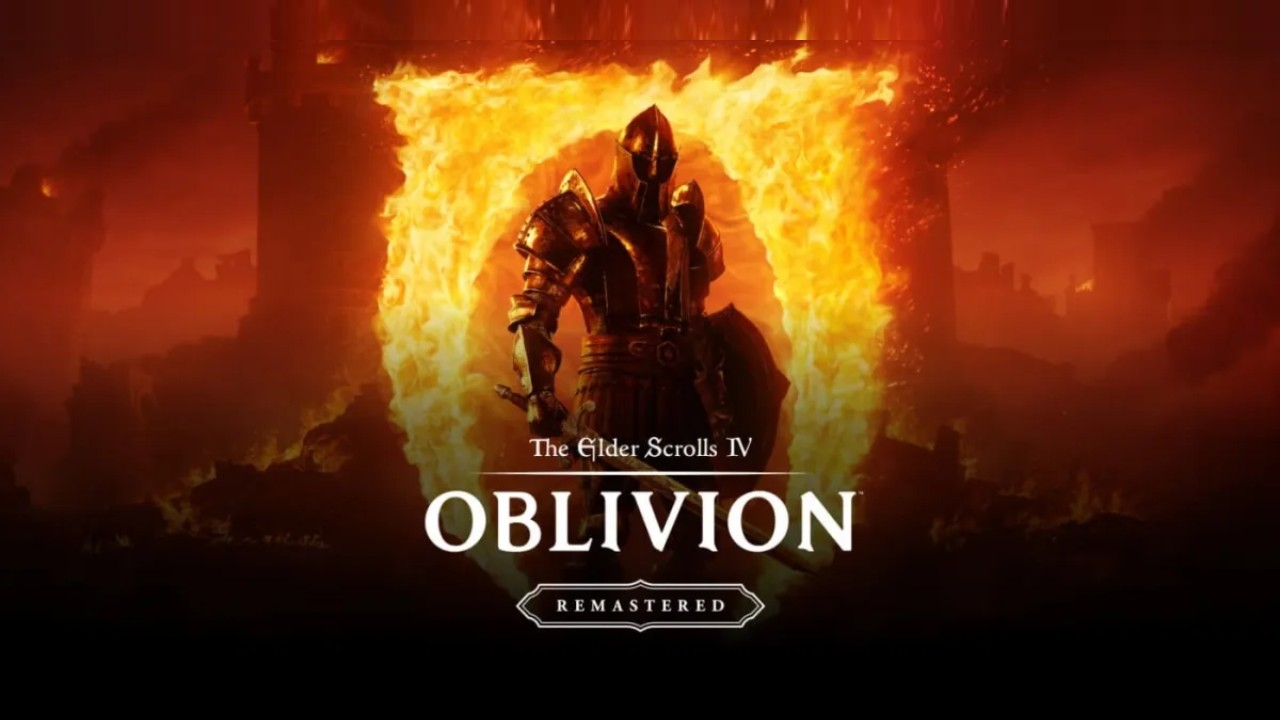In a surprise move that shook the gaming world, Bethesda announced the remake of The Elder Scrolls IV: Oblivion during a live stream on April 22—and released it on the same day. Available immediately on PC, PlayStation 5, and Xbox Series X/S, the remake dropped without the typical months-long marketing campaign or hype cycle, and yet, the reaction from the community was explosive.
For those unfamiliar, Oblivion is a cornerstone of the single-player RPG genre. First released in 2006, it amassed over 9 million copies sold, despite receiving some criticism at the time. Its AI was buggy, NPC and enemy models were clunky, and its world was filled with unexpected and sometimes absurd moments. But that roughness was part of its charm—and it's exactly what helped Oblivion endure as a fan favorite.
A Cultural Touchstone in the Meme Era
The original Oblivion landed right when social media was beginning to boom. Facebook was on the rise, YouTube was in its infancy, and "relatable" video content was just starting to become a thing. In that fertile ground, Oblivion thrived—not just as a game, but as a cultural phenomenon.
Its bizarre ragdoll physics, NPCs who could walk away mid-conversation or ambush you with a quest from behind a bush itself became a rich source of comedy and meme content. This was the early meme age—when blurry reaction images and garbled video edits ruled the internet—and Oblivion was unintentionally built for it.
Celebrating the Imperfections
What’s remarkable about the remake is not just the visual overhaul, but the design philosophy behind it. Bethesda didn’t try to "fix" everything. Instead, they embraced the very quirks that made Oblivion iconic. Many of the glitches, odd AI behavior, and hilarious NPC quirks have been left intact—sometimes even subtly enhanced as a nod to fans.
The reception has been overwhelmingly positive. Longtime players are celebrating the preservation of the game's heart and soul. Even gamers unfamiliar with the original are enjoying its unapologetic weirdness. In an industry where AAA remakes often strive for sterile perfection, this decision stands out.
A Challenge to Modern Game Design
The Oblivion remake is more than a trip down memory lane. It’s a quiet challenge to the modern gaming industry. Not everything needs to be perfectly optimized or hyper-realistic. Sometimes, it’s the imperfections—the janky animations, the awkward AI, the unpredictable interactions—that give a game its identity.
In choosing to preserve those elements, Bethesda has rekindled something special: the joy of playing a game that feels alive, not because it’s flawless, but because it’s unpredictable and endearing. Oblivion's remake is a reminder that great games aren’t just about cutting-edge visuals or perfect mechanics—they're about moments, emotions, and memories.

